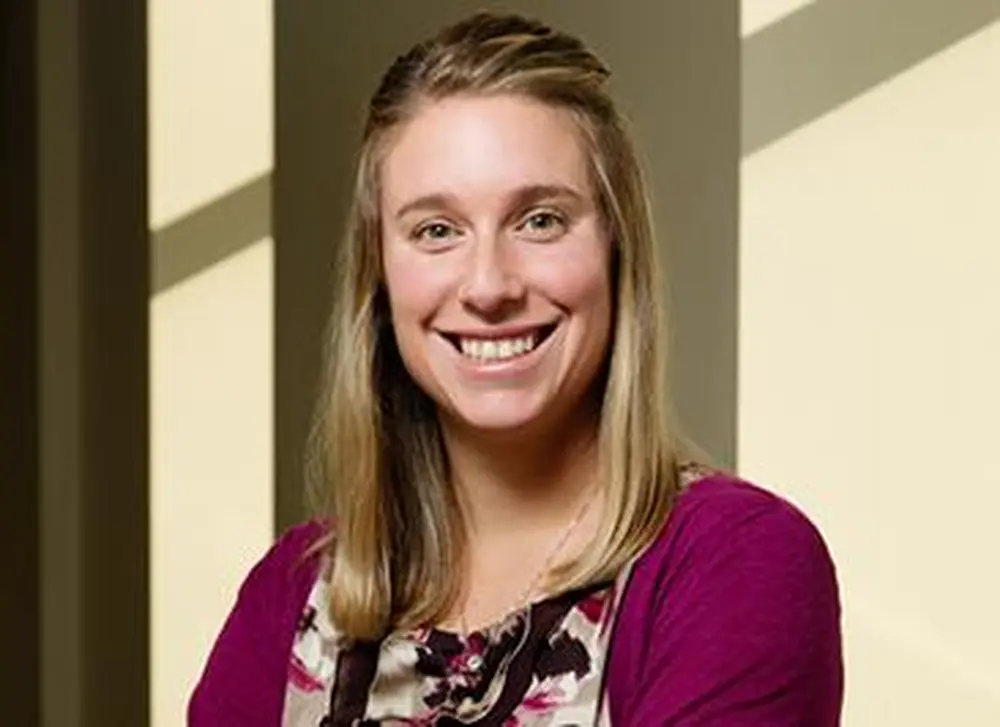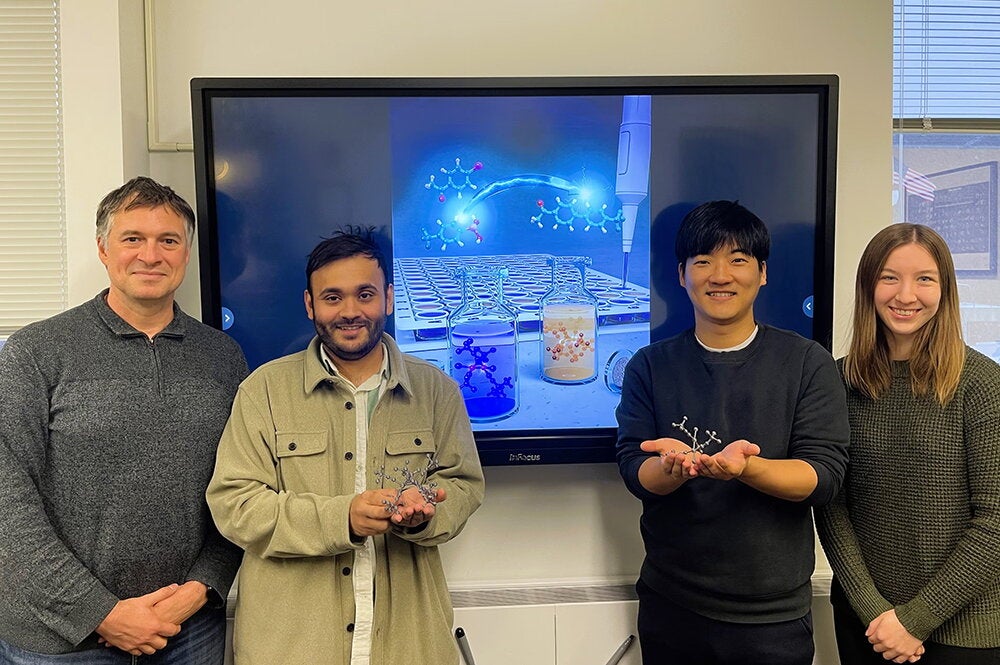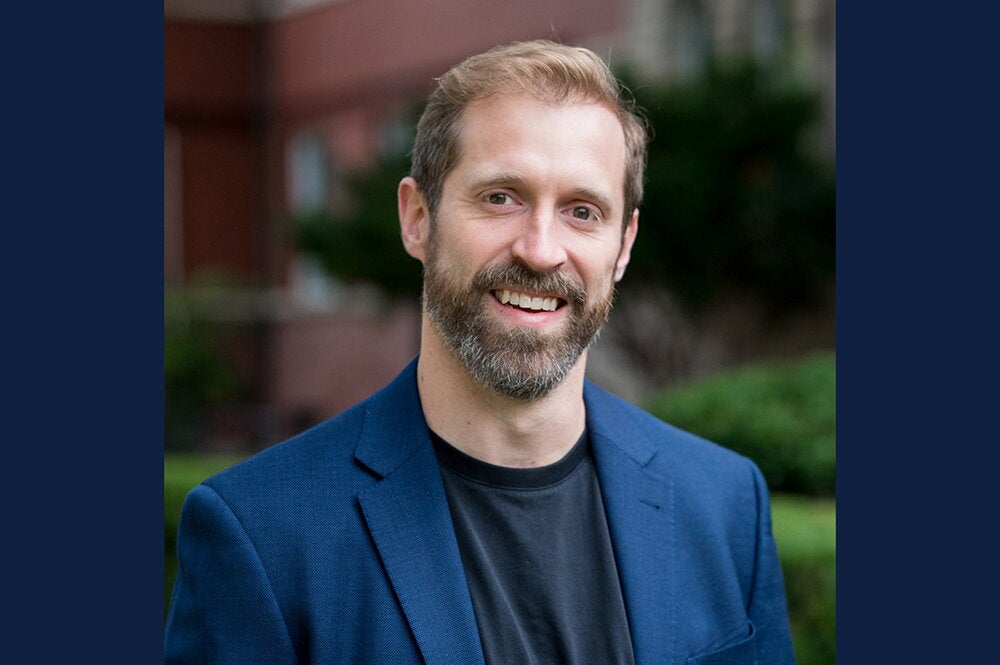

Two professors at the University of Illinois have received grants from the U.S. Department of Energy (D.O.E.) designated for promising young scientists.
Alison Fout, professor of chemistry, and Jessica Krogstad, professor of materials science and engineering, received 2016 Early Career Research Program grants through the D.O.E. The grants provide at least $150,000 per year for five years, although the final amount for each awardee has not yet been determined. Only 49 grants were awarded this year.
Fout’s research focuses on inorganic chemistry, where she’s made notable discoveries in the areas of energy and water conservation. The D.O.E.’s Office of Basic Energy Sciences selected Fout’s project, “Bio-inspired Catalysts Featuring Earth Abundant Metals and Secondary Coordination Sphere Interactions for the Reduction of Oxyanions.”
According to Fout, her research group will investigate the reduction of oxyanions, which can be found in many areas of technology including explosives such as rocket fuel and fireworks. They’re also found in fertilizers, but due to their prevalence they contaminate increasing amounts of drinking water in 26 states.
“Therefore, my research group will target metal catalysts that can break down these harmful pollutants into more environmentally friendly molecules,” Fout said.
The Early Career Research Program is now in its seventh year. The D.O.E. describes it as an effort to bolster the nation’s “scientific workforce” by providing scientists with support during their crucial, early years of research.
“We invest in promising young researchers early in their careers to support lifelong discovery science to fuel the nation’s innovation system,” said Cherry Murray, director of DOE’s Office of Science. “We are proud of the accomplishments these young scientists already have made, and look forward to following their achievements in years to come.”
Fout has received several prominent awards in her early career. She earned her doctorate from Indiana University in 2009, and was the 2010 recipient of the American Chemical Society Division of Inorganic Chemistry Young Investigator Award for her research at Indiana.
She went on to hold a postdoctoral position at Harvard University before coming to Illinois in 2012. Since arriving on campus, she has received a 2014 National Science Foundation CAREER award, a 2015 Sloan Research Fellowship, and the Marion Milligan Mason Award for Women in the Sciences from the American Association for the Advancement of Science.
Krogstad’s project is titled, “Dynamic, Robust, Radiation-Resistant Ceramics: Harnessing Thermodynamic and Kinetic Driving Forces.” According to her project abstract, “the overarching objective of this research is to establish a class of structural ceramics that leverage dynamic porosity evolution to enhance radiation tolerance.”
Krogstad joined the University of Illinois in 2014.


